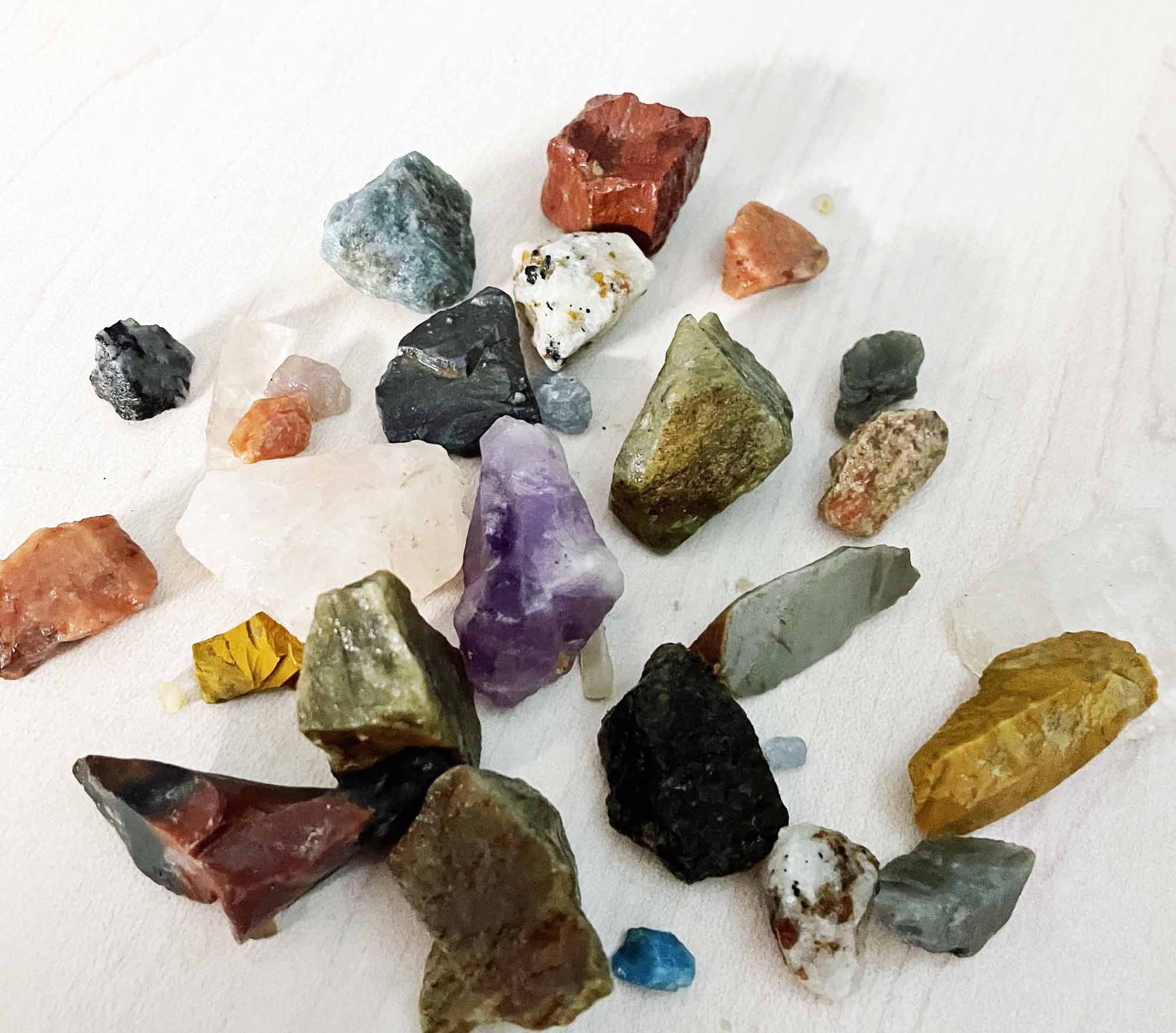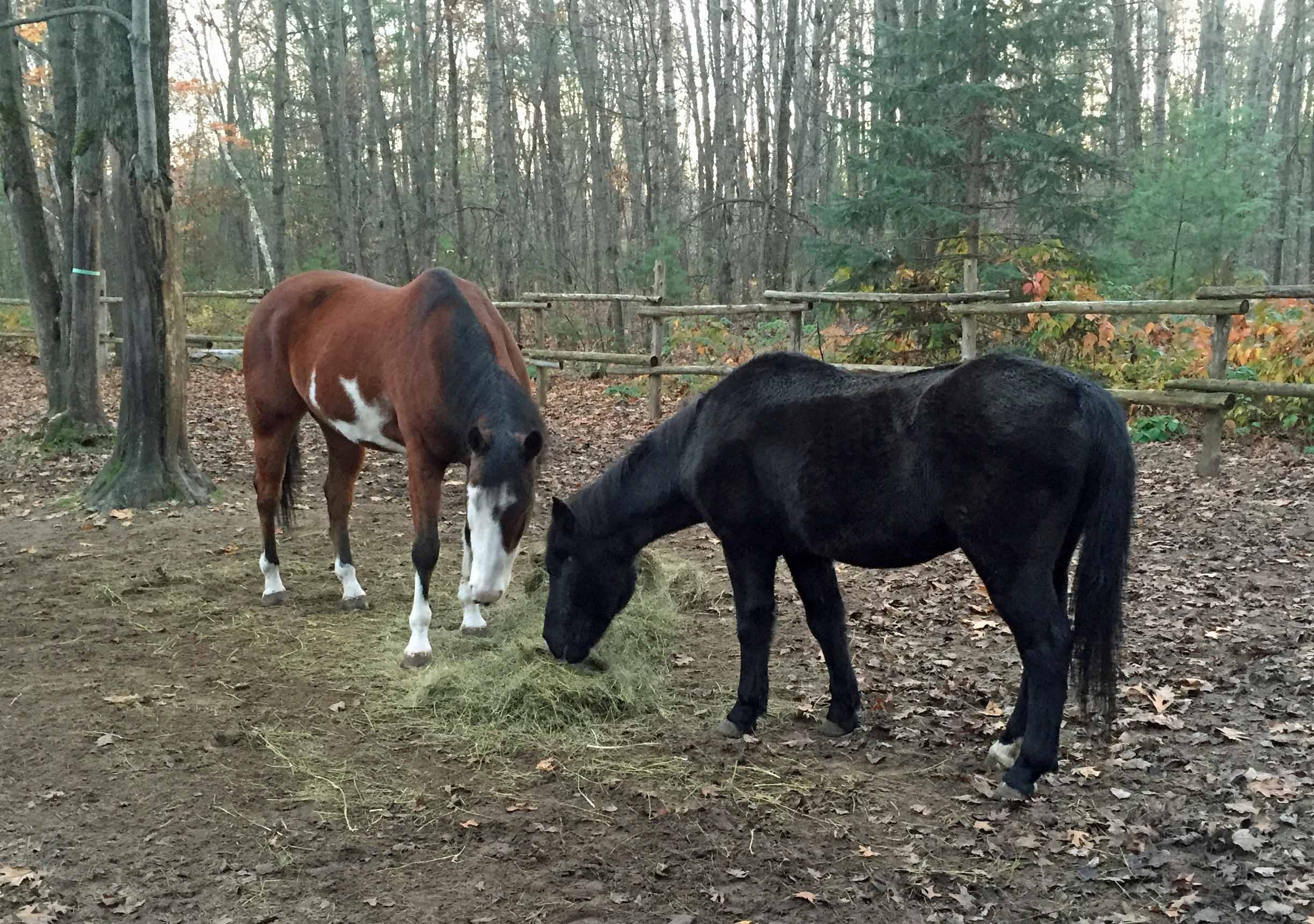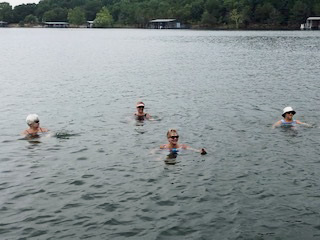My daughter, Becky, loves Christmas and surprises. My son-in-law sent my daughter’s wish list to me. One of the items was an avocado smasher, something I had never heard of before. I knew Becky loves kitchen gadgets, as she is a really good cook. I instantly thought of the pineapple corer that she had given us. I went to Google and looked up avocado smashers and I found one at William Sonoma which I know is a cook’s favorite store. I ordered it and wrapped it for Christmas. On Christmas morning after opening her gift she asked, “What is this?”
I said, “It is your avocado smasher that was on your list.”
She said, “No, I meant a mortar and pestle, the kind they use in Mexican restaurants to make guacamole, that type of avocado smasher.” We both had a good laugh. We came to realize that we had different paradigms.
This is an example of how our paradigms influence our decisions. I had a paradigm of a kitchen gadget while Becky had a paradigm of a Mexican restaurant. Both avocado smashers technically do the same thing, but they are different. Which one is right? They both are right and this is the point of the story. You may have different paradigms from someone else but that doesn’t necessarily make their viewpoint wrong; it just makes it different. This simplex example shows how important communication is. If it wasn’t a surprise I would’ve called her and asked her what she had in mind before I ordered it, but since it was a surprise, I wasn’t able to ask that question. Don’t always assume you’re viewpoint is the correct one or the only one. We all get locked in our paradigms from time to time. How do you break down the paradigms that may be blocking you from seeing the world from a different perspective? Ask a lot more questions; don’t just assume you’re right. It’s the kind thing to do.
For this New Year’s, why not make a resolution to ask more questions instead of assuming you’re the right one. Stop assuming the other person is wrong or has bad intentions. Try to think why someone said a comment you do not agree with and then ask more questions. By doing so, you will be opening your mind and heart to a broader world and giving the other person’s perspective more consideration. This is an easy way to increase your daily kindness score.
Affiliate Links
Staying in Touch: Barbara Hirsh can be reached at info@LiveKinder.com I love hearing your kindness stories. Please sign-up for almost weekly kindness message at www.LiveKinder.com or follow LiveKinder on Facebook!






